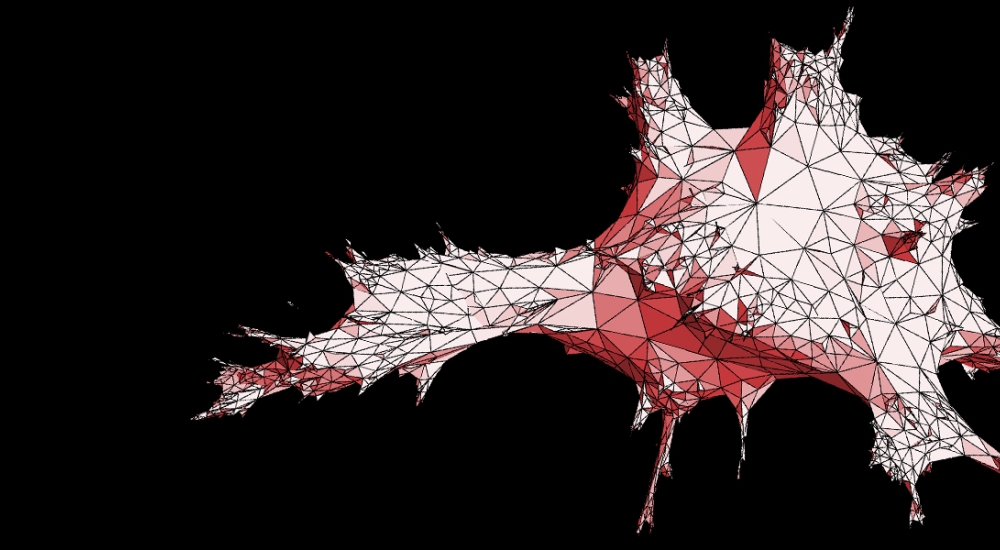Nonperturbative candidate theories of quantum gravity often use discrete, microscopic building blocks—either as elementary quanta of spacetime, or as part of regularization schemes for geometric degrees of freedom—together with a prescription of how they interact. But regaining the continuum physics valid on macroscopic scales from those building blocks is a challenge. This prevents a crucial consistency check on the theories, such as whether they reproduce the correct low-energy physics on macroscopic scales, including the classical, continuous spacetimes of general relativity.
Developing effective computational tools to perform the required continuum limit will be essential to breakthroughs in quantum gravity. Standard numerical methods must be remoulded to incorporate the dynamism of geometry. Yet there is a shortage of relevant numerical expertise among practitioners of quantum gravity.
The Discretuum to Continuum Initiative will develop, disseminate, and apply a dedicated toolbox of numerical techniques to extract macroscopic continuum physics from discrete, Planckian models of quantum gravity.
Central to this effort are postdoctoral researchers at the interface of quantum gravity and computational physics; visiting Fellows in computational physics; new schools dedicated to Monte Carlo and other numerical methods in quantum gravity; and focussed workshops and/or conferences.
The initiative anticipates two driving benefits: to numerically implement renormalization group techniques in specific formulations of nonperturbative quantum gravity, and to accelerate progress in the field by teaching the next generation of researchers how to use numerical tools quickly and effectively as part of their basic skill set.
We are recruiting postdoctoral fellows with interests in this field. Interested candidates should apply online to the Perimeter Institute.
Researchers:
- Bianca Dittrich (Faculty)
- Renate Loll (Distinguished Visiting Research Chair)
- Seth Asante (Postdoc)
Advisory committee:
- Quantum of Gravity - Bianca Dittrich discusses her career, loop quantum gravity, and unified quantum gravity theory
- Towards a phase diagram for spin foams (arXiv)
- Coarse graining flow of spin foam intertwiners (arXiv)
- The continuum limit of loop quantum gravity - a framework for solving the theory (arXiv)
- Decorated tensor network renormalization for lattice gauge theories and spin foam models (arXiv)
- Quantum group spin nets: refinement limit and relation to spin foams (arXiv)
- Nonperturbative quantum gravity
- Renormalization group flow in CDT
- Causal Dynamical Triangulations without preferred foliation
